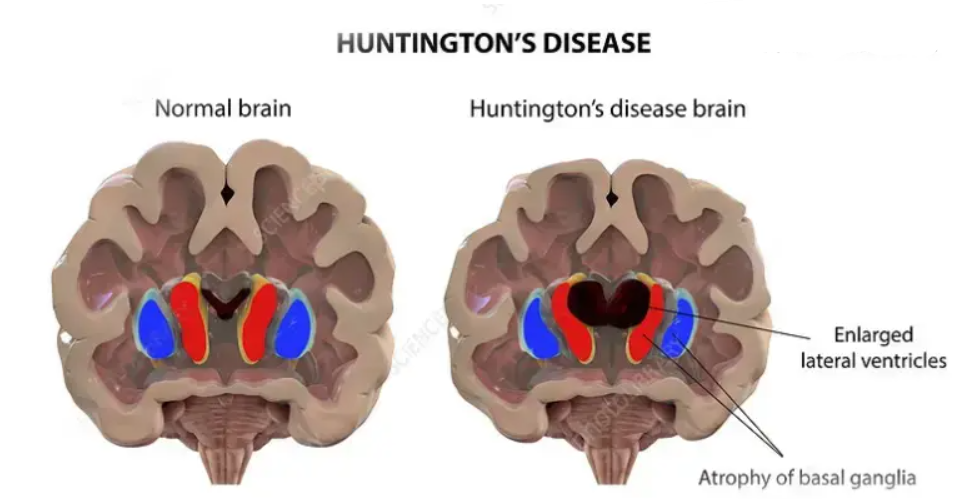Medications: Risperidone, Olanzapine, Haloperidol, Sertraline, Fluoxetine
Tricyclic Antidepressants (TCAs): Amitriptyline, Lithium, Valproate, Quetiapine, Clozapine. Benzodiazepines, Clonazepam, Lorazepam, etc.
Note: Medication should not be taken without the doctor’s prescription.
Surgery: Currently, there is no curative surgery for Huntington's Disease (HD), but surgical interventions may be considered in specific cases to manage symptoms or improve quality of life. These are experimental or supportive in nature:
- Deep Brain Stimulation (DBS):
What It Is: A neurosurgical procedure where electrodes are implanted in the brain to deliver electrical impulses to targeted regions, such as the globus pallidus or subthalamic nucleus.
Purpose: May help reduce involuntary movements (chorea) and improve motor control.
Status: Still under research and not widely used for HD.
- Functional Neurosurgery:
Lesioning Procedures: Rarely performed, involves creating small lesions in motor control regions of the brain to reduce severe chorea or dystonia.
Limitations: Risks of permanent neurological side effects.
- Palliative Surgery: For complications such as severe swallowing difficulties or aspiration risks, surgeries like gastrostomy (feeding tube placement) might be performed to ensure nutritional support.
- Gene Therapy and Experimental Techniques (Future Prospects):
CRISPR and Gene Editing: Emerging surgical techniques aim to correct or silence the HTT gene mutation.
Neural Transplants: Research is ongoing to explore stem cell transplants to replace damaged neurons in HD-affected regions.
Invasive Drug Delivery: Implantation of devices to deliver experimental treatments directly to the brain.


